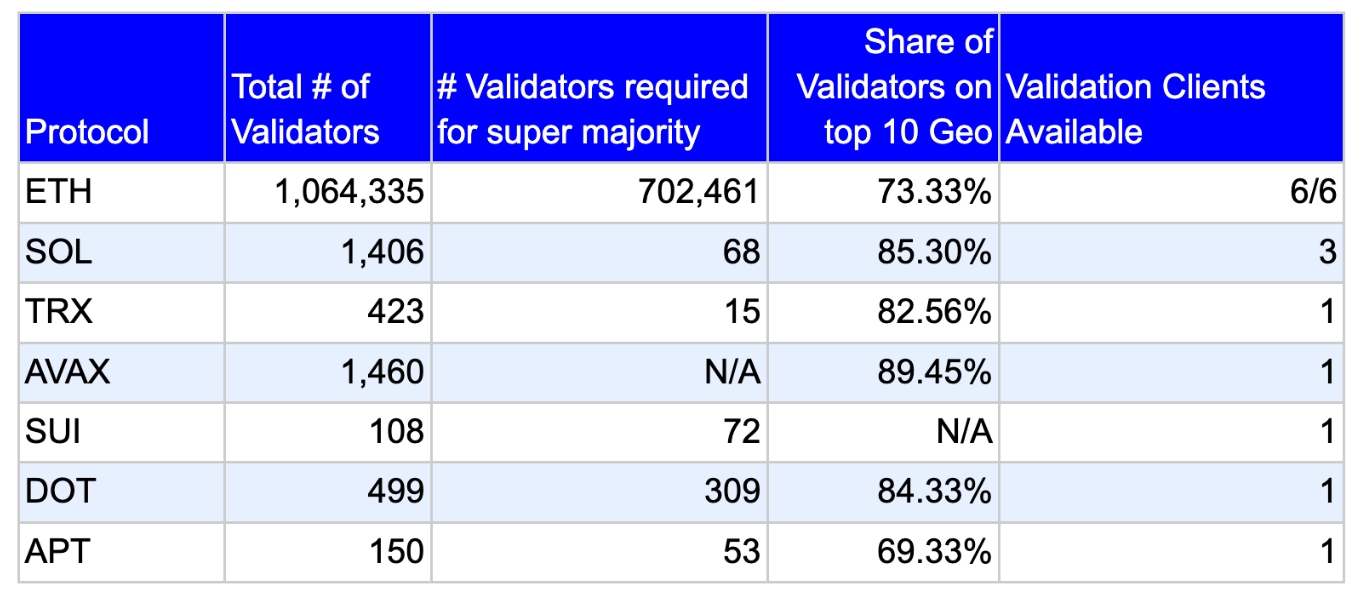Experts Highlight Key Factors for Ensuring Blockchain Decentralization
Decentralization is crucial for blockchain technology, offering resilience against censorship. However, key protocols may not be as decentralized as claimed. Key factors influencing decentralization include:
- Number of entities in validation or block-mining
- Hosting facilities, which can centralize control (e.g., Hetzner's shutdown of 40% of Solana validators)
- Geographic jurisdiction, impacting regulatory risk
- Client software diversity, where reliance on single software increases vulnerability

Latency affects decentralization; longer distances between nodes lead to missed rewards for validators, encouraging proximity to larger clusters and increasing centralization risks. Many protocols penalize those who build infrastructure in underrepresented areas, undermining overall network resilience.
Few protocols offer predictable incentives for decentralization, often relying on arbitrary grants. To maintain decentralization, networks must incentivize diverse jurisdictions, independent hosting facilities, and varied client software usage. Without such measures, economic efficiency will drive centralization, jeopardizing the fundamental promise of blockchain technology.
The future of blockchain relies on intentional designs that prioritize decentralization as a measurable goal.